“Memory House” is a haunting look at the real-world horrors of racism and systematic dehumanization that demands more than one watch.
The trend of right-wing Nationalism that has been slowly creeping its way across the globe at times feels like a horror film happening in real-time. From countries like Poland and Denmark contending with growing White Nationalist movements to our own struggles against Authoritarianism, politicians across the globe have used economic anxiety and anti-immigrant rhetoric to rise to power.
Perhaps the most extreme case of this happened in Brazil when far-right candidate Jair Bolsonaro was elected president in 2018 after campaigning on a reactionary, isolationist platform. His callous disregard for the lives of most Brazilians, particularly the poorest Indigenous communities, has become all too evident in his handling of his country’s COVID crisis.
From this unsettled political climate comes Memory House, the debut feature from writer/director João Paulo Miranda Maria.
It’s a hypnotic, unsettling meditation on his home country’s legacy of colonialism, racism, and the toll it exacts from the most marginalized.
Cristovam (Antonio Pitanga) is a stranger. A longtime dairy plant worker in the largely rural and impoverished northeast of Brazil, he’s forced to relocate to the more affluent, European-dominated south when the plant is taken over and closed by an Austrian dairy conglomerate.
He’s the only Black, Indigenous Brazilian in a sea of mostly white faces, and has to contend with racist abuse and harassment hurled his way by the people in his community (the irony that an Indigenous man is considered an outsider by the white Europeans is surely lost on them).
He mostly doesn’t engage with the attacks, but it’s clear that a lifetime of mistreatment has worn him down.
Pitanga gives a largely internal performance with minimal dialogue, all the better to read the emotions in his blank, weathered gaze.
He begins squatting in an abandoned house that mysteriously fills with artifacts from his childhood — an element that I have to admit I did not pick up on while watching the film but instead had to glean from the plot synopsis — as his grip on reality begins to weaken.
The 82-year-old Pitanga is a notable figure from Brazil’s Cinema Novo movement of the 1960s, a defiantly political movement in filmmaking that rejected the chintzy musical comedies and wannabe Hollywood epics that were popular in Brazilian theaters at the time, instead drawing inspiration from Italian Neorealism and French New Wave.
His casting here will likely evoke nostalgia from Brazilian film fans.
And while I can’t say I was familiar with his work during that era, this film definitely shares Cinema Novo’s commitment to social commentary, if in a much different style.
Memory House’s slow, deliberate pacing may not appeal to every horror fan, and I’m not sure I’d even label it a horror movie in the conventional sense.
Miranda Maria is more interested in conjuring a creeping sense of unease rather than a nerve-jangling thrill ride, using long static shots and eerie sound design to create tension.
Most of the performances are given a flat, deliberately stilted effect, bringing to mind filmmakers like David Lynch or Yorgos Lanthimos in their specifically crafted unnaturalism. The film largely floats along with little plotting, as the indignities pile up around Cristovam until the strange turn in the movie’s third act (if a movie like this can be said to have something as conventional as “acts”).
It’s clearly meant to be an allegory rather than a more straightforward story, with imagery drawing from Indigenous Brazilian folklore as Cristovam becomes more isolated and animalistic.
After sitting with it for a while, I’m still not entirely sure what to make of Memory House. The official plot synopsis describes it as an allegory on the racial divisions of Brazil and the dehumanizing treatment of minorities, and that’s certainly evident in Cristovam’s journey and his treatment at the hands of others.
We sympathize with him, at least up until he begins taking his powerlessness out on the only other Brazilians of color in his town, in a disturbing echo of the legacy of colonial violence.
The Austrians create an ‘us vs. them’ dichotomy between (in their view) the noble, hardworking southerners and the corrupt, lazy northerners as a way to stoke divisions and push an agenda of separatism, which eerily evokes the rhetoric of far-right Nationalist politicians like Bolsonaro.
There’s a lot of subtext here.
And while I appreciate Miranda Maria’s choice to not hold our hands through it all, the movie almost feels too shapeless, too removed for its symbolic weight to fully land emotionally.
What does hit home as an American viewer are the racist aggressions Cristovam faces, both micro and macro, something we as Americans are unfortunately very familiar with from our own racial history.
Perhaps with a few more viewings, I could unpack more of MEMORY HOUSE’s imagery and symbolism, but as an unsettling mood piece, the film works quite well even if its deeper meaning remains elusive.
Miranda Maria and cinematographer Benjamin Echazarreta conjure some striking, artfully composed imagery, contrasting the sterile, alien environs of the dairy plant with the lush Brazilian vegetation of Cristovam’s small town.
While it didn’t quite come together for me, Memory House makes for a flawed but intriguing first feature for its writer/director, marking him as one worth keeping an eye on in the future.
Learn more about Memory House.


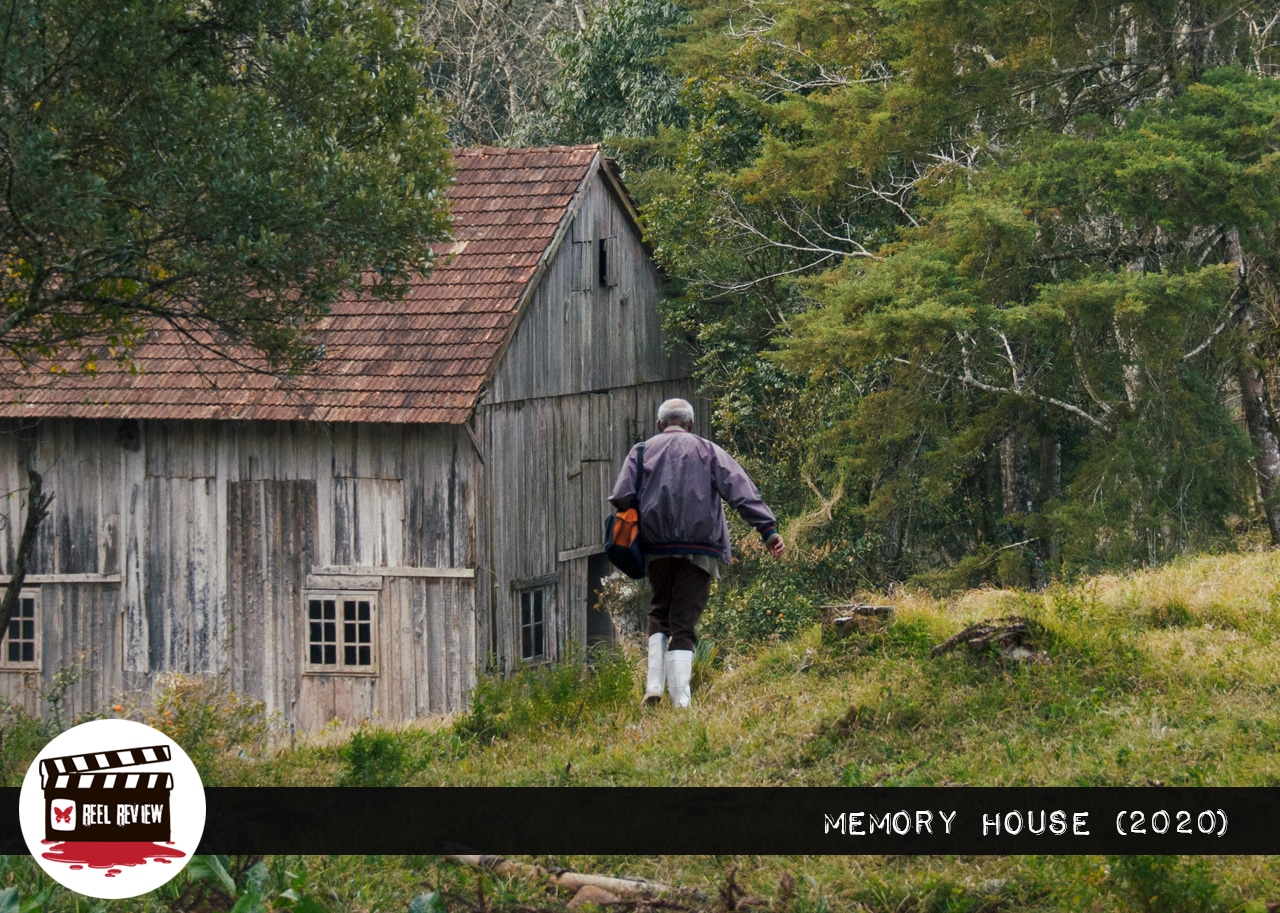
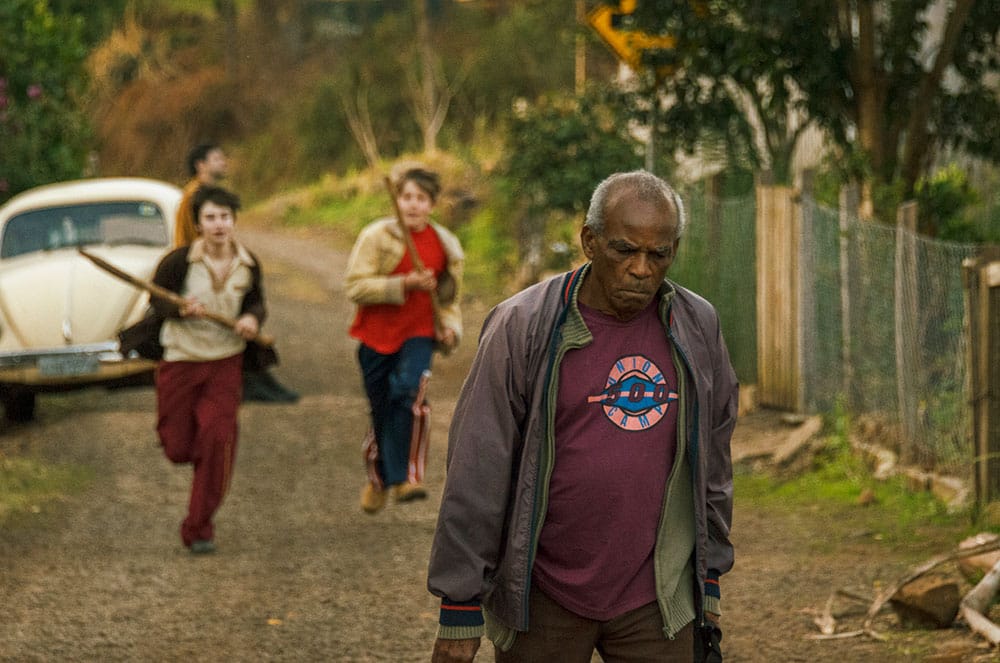

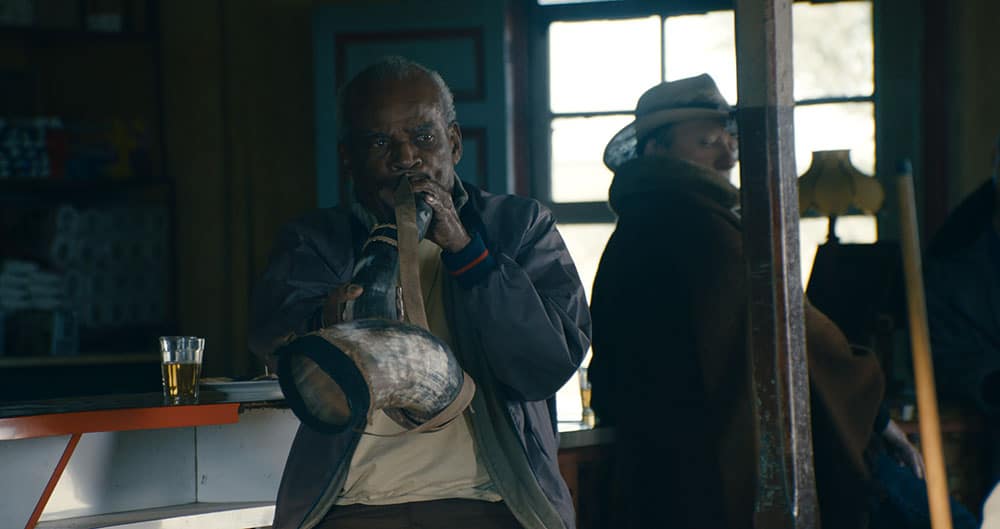
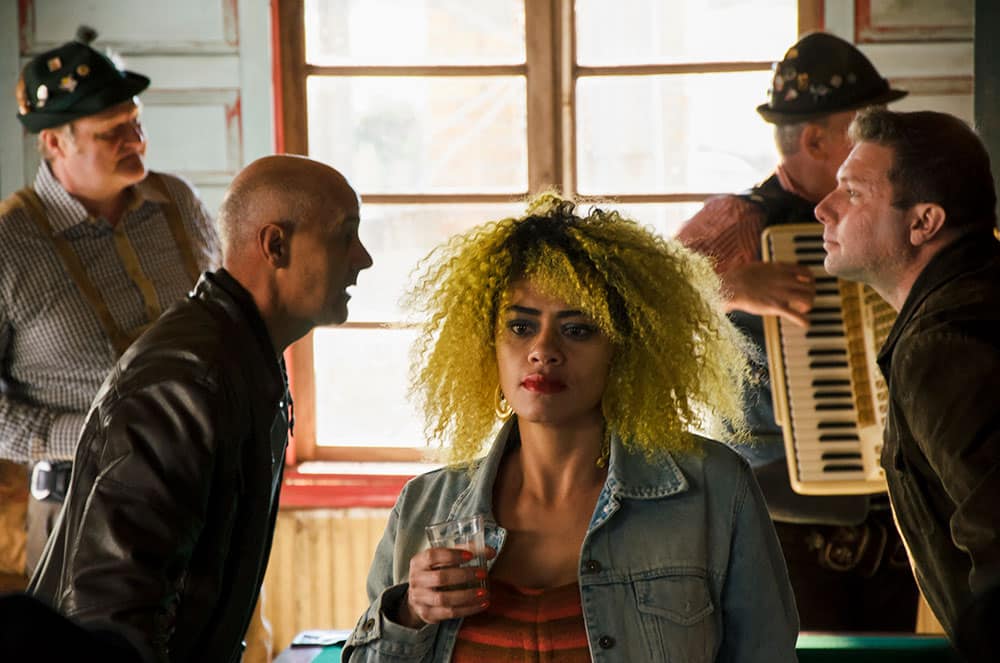



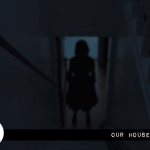








Follow Us!